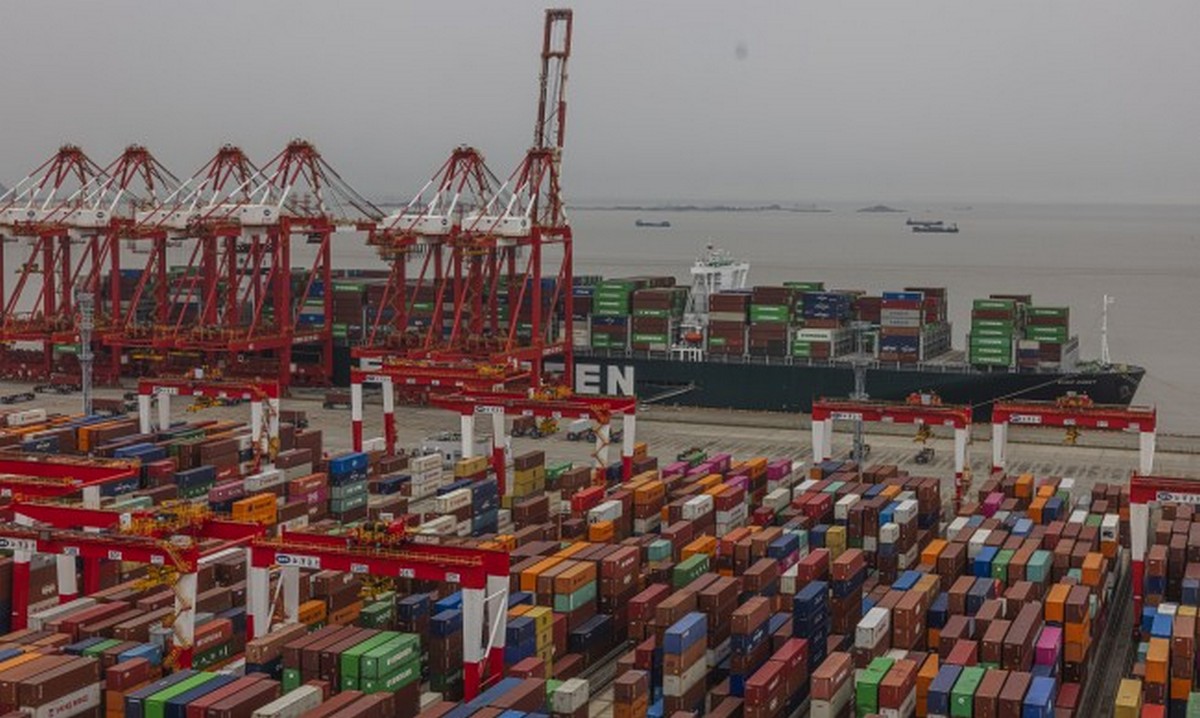The global supply of goods, which has declined sharply several times since the outbreak of the coronavirus pandemic, is threatened by a new collapse. The Ningbo port of Zhengjiang near Shanghai – the world’s largest port with an annual cargo turnover of 1.17 billion tons – has not accepted ships since Wednesday morning.
According to the port administration, the cause was a single case of COVID-19, found in a 34-year-old worker. He lives in a dormitory, on August 8 he had a negative result, according to the online publication Splash. However, two days later the result of another test was positive, writes Investor.bg.
The infected worker is one of the employees of the power unit of the container terminal in Ningbo Meidong and received two vaccines from the Chinese vaccine manufacturer Sinovac in January and March this year. But now he has an asymptomatic infection, according to Reuters, citing Ningbo city officials.
Initially, the port administration claimed that its operating system had failed, justifying its refusal to accept ships. But later, the Ningbo Health Commission corrected the statement.
Meanwhile, 35 container ships are waiting to call at the port, as can be seen on the portal Seaexplorer of the Swiss shipping company Kuehne + Nagel. There are 94 ships in the entire bay between Shanghai and Ningbo. Ningbo Port is located diagonally opposite the 26 million-strong metropolis of Shanghai.
Until noon on Wednesday, there was no exact data on the Meidong terminal, which handles containers for the China-Europe and China-Middle East routes.
International maritime trade may be blocked again
If the port is closed for a long period of time, international maritime trade may be blocked again. Ning, China’s second largest container port, handled nearly 30 million containers last year – almost as many as the three largest ports in the North Sea, Rotterdam, Antwerp and Hamburg combined.
As of July 20, positive cases had been confirmed in about half of all Chinese provinces, leading to mass tests and local blockades. The Beijing government is constantly trying to limit the spread of the virus by strict restrictions.
Most ports in the country require tests for all crews, forcing ships to remain at anchor until negative results are confirmed. Often ships arriving from India or having previously arranged a change of crew are quarantined for a period of 14 to 28 days.
However, despite the turmoil in international supplies of goods, only a few companies in Germany intend to abandon imports from abroad, according to a recently published Ifo study for the Konrad Adenauer Foundation.
Of the 5,000 companies surveyed, only one in ten said they would increasingly rely on domestic supply chains in the future. Arranging the delivery of goods exclusively in Germany or Europe is too expensive a pleasure. “Instead, many companies plan to expand their warehouses and increase the number of their suppliers,” said Lysandra Flach, head of the Ifo Foreign Trade Center.

